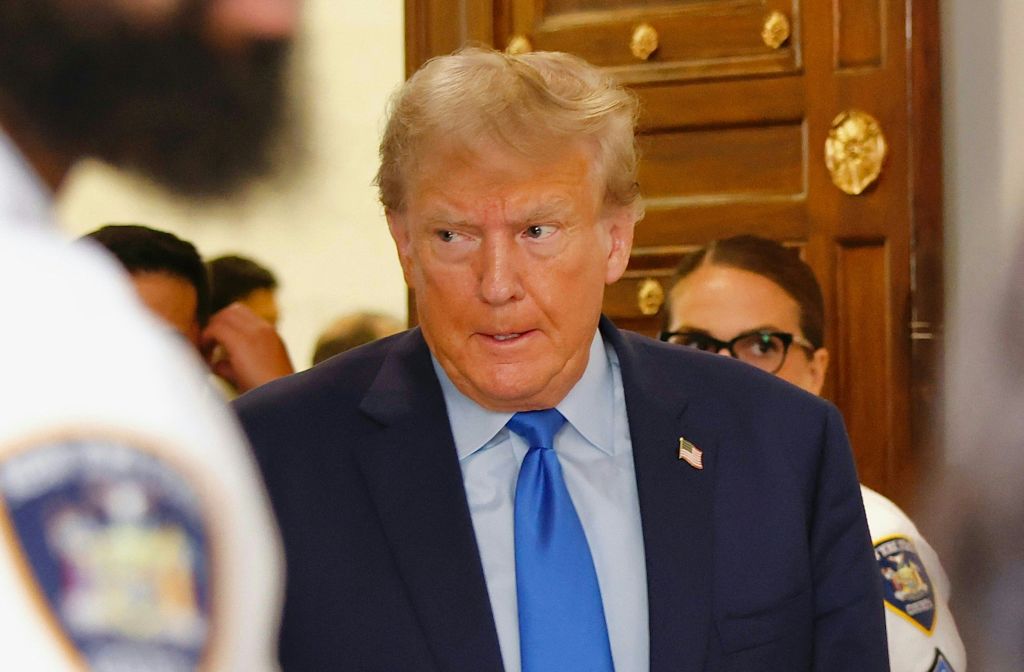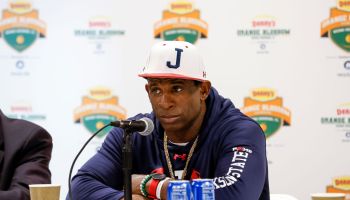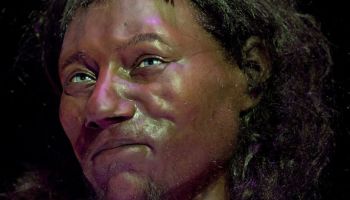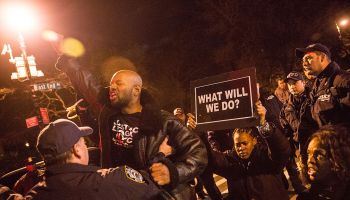Several years ago, Patricia Bell-Scott, Gloria T. Hull and Barbara Smith edited a groundbreaking volume called All the Women Are White, All the Blacks Are Men, But Some of Us Are Brave (1982). The book, which highlights the ways black women have been marginalized in movements that claim to represent them, should be required reading during this election. In 2008 black women voters have been pressured to tow the political line in the name of a woman candidate and an African-American candidate—in an election year that has yet to offer concrete strategies to address the unique difficulties black women face daily in American society.
It was against this backdrop that Michelle Obama, wife of the presumptive Democratic Party presidential nominee, took center stage on the first night of the Democratic National Convention in Denver, Co. Michelle Obama was not the first black woman to give a keynote address at the national convention of a major political party. That honor goes to the late Texas Congresswomen Barbara Jordan.
Jordan delivered a keynote address at the 1976 Democratic convention that nominated Jimmy Carter for President and again in 1992, when Bill Clinton was nominated. Jordan admitted in her speech, that when the Democratic Party held its first convention in 1832 “it would have been most unusual for any national political party to ask a Barbara Jordan to deliver a keynote address.” That was to the extent that Jordan spoke at all to her identity and experiences as a black woman.
Michelle Obama was only 12-years old when Jordan delivered her first keynote. What she and a nation of African-Americans and others heard was a woman who eloquently represented the passions and ambitions of women and African-Americans. And indeed, like Senator Clinton’s historic candidacy, Barbara Jordan’s own “first” has long been held up as a transcendent moment for women, particularly black women, in politics.
We are in a historical moment in which black women are regularly celebrated and lauded for a number of achievements in politics. Notably, there is the career of Secretary of State Condoleezza Rice; Donna Brazile, who directed Vice-President Gore’s Presidential campaign in 2000 and continues a leadership role within the Democratic Party; the case of Susan E. Rice, who was Assistant Secretary of State for African Affairs in the Clinton Administration and is currently a Senior Foreign Policy Advisor to the Obama campaign; and the stellar example of the late Stephanie Tubbs Jones, who was the first black women elected to congress from Ohio.
While many of these women serve as wonderful inspirations to a nation of many, rarely do their political perches allow for a greater understanding of the lives lived by black women.
In this regard, Michelle Obama’s speech at the Democratic National Convention was truly groundbreaking. Though Ms. Obama’s charge was to provide some inkling into her life with the presumptive nominee—to humanize the man named Barack to the still uninitiated. Her challenge was to do so in a way that assured the uncommitted that the Obamas share their values.
By the time she descended the center stage, she’d done much more. The brilliance of her speech was that Ms. Obama was able to speak to her life as a black daughter, as a black sister, as a black mother and as a black wife in a way that was unprecedented during a prime time address at a major political convention.
More than 100 years ago W.E.B. Du Bois wrote in his legendary text The Souls of Black Folk that African-Americans lived behind a veil, rendering much of their everyday lives invisible to most white Americans. In so many ways, the difficulties that Barack Obama has faced in being accepted by some whites suggest that such a veil still exists. For a few moments though on Monday night, Michelle Obama was able to lift that veil and make visible the lives of the black women who inspired her and the black girls that she inspires.
Mark Anthony Neal is Professor of African-American Studies at Duke University and a Visiting Scholar at the Annenberg School of Communication at the University of Pennsylvania. He is also the author of four books, including the recent New Black Man.
















